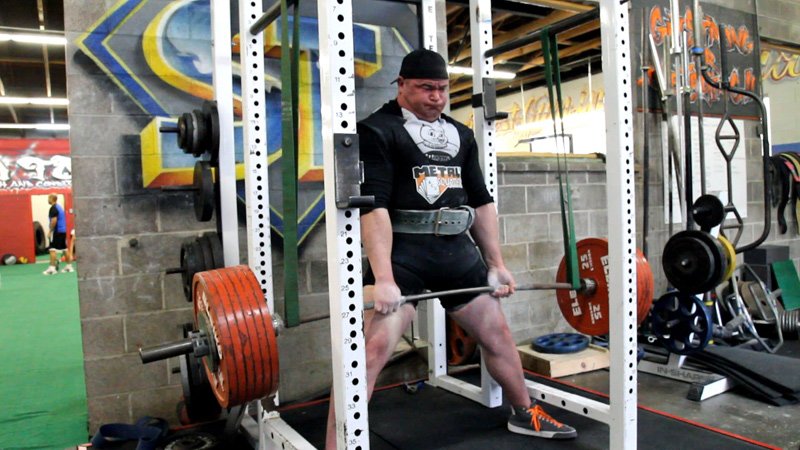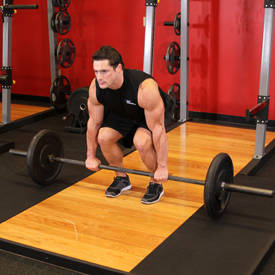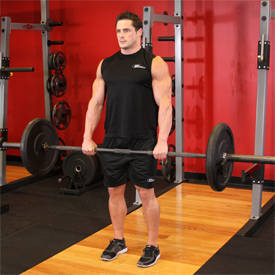I'm trying the "Westside" method, and staying fresh for the "max effort" days is tougher then banging out the "dynamic days," which I could do all day. Am I overtrained? Should I "deload" by taking a week off or doing a light week?
Mark: First, let's explain the Westside method to the uninitiated. It involves training the squat/deadlift and bench press twice a week through four dedicated lifting sessions. Two of these sessions are heavy (max effort); two are light (dynamic effort).
Typically, "doubles" (two-rep sets) are performed on all of the main movements for multiple sets, followed by assistance work and conditioning. The hallmark of Westside method is breaking through plateaus on the big three lifts with chains/bands and other exercises-say, using a good morning to improve your squat.
The philosophy is that if you're weakest point on the bench press is the lockout, the solution isn't necessarily to keep doing more and more bench presses.
Okay, on to your question. Anyone who knows me knows I don't believe in time off or "deloading." I say, "Train your ass off and ask questions later."
Deloading and Overtraining are overrated and it's a nice crutch for those who don't like to train hard.
If dynamic-effort speed days feel too easy, add a little weight to the bar, Lightweight. Try adding 5-10 percent. Also, what are you deloading from, exactly?

Seriously, it's just lifting weights, and if you lift weights frequently, you shouldn't overtrain. Overtraining would be if someone asked my fat face to play a two-hour game of pickup basketball.
I'd be sore for two weeks!
So how did you get screwed by your workouts? Basically, you need to figure out how to unscrew yourself. Here are my suggestions:
- Start collecting stamps. Odds are you'll be better at that than at picking up heavy s-t.
- Try "underloading." Do an exercise that doesn't allow you to use a lot of weight. Examples: snatch-grip deads, ultrawide deads, deficit deads standing on 3-5 inches of mats, low-box squats, dumbbell incline benches, paused benches, incline benches.
- You can achieve the same effect by adding eccentric tempos to any type of lift or increasing the range of motion. Just increasing the reps will force you to use less weight on the bar. This should give your body the change it needs to make progress the following week.
- Do something with low expectations. Try a reverse-band triple on a squat, bench, or deadlift. Since you've probably never done this before, there's no personal record to break. You could make this more off-the-wall by using a set weight to blast out as many reps as you can. My homie Jon Anderson has done 7 reps with 700, 13 reps with 600, and 40 reps with 500 in the squat. Come back to this rep work every fourth or fifth week.
- Do speed deadlifts on your max-effort squat workout instead of your main heavy exercise. Maybe even do an assistance barbell movement for 2 to 3 sets of 4 to 6 reps before or after to get some good volume in without blowing out your O-ring.
- Skip the main movement if you really feel that f'ed up. I'd say pull this card only every six to eight weeks, or maybe use it when traveling, as life is 10 times harder on the road. I normally do minimal training on the road.
- All of the methods above are designed to keep you in the game so that you can keep working towards your goals. Strength is cultivated through hard work and consistency. Use your head but lift with your guts, and never back down.


Barbell Deadlift
